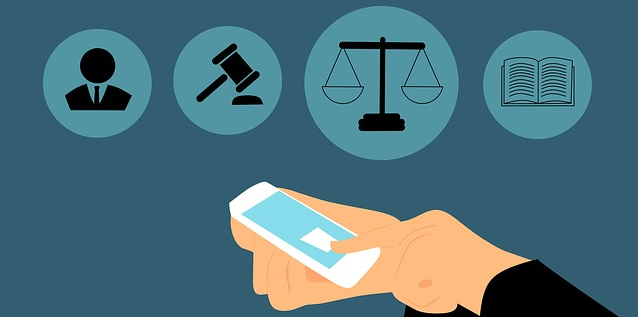By Steve Ackland, CEO
The news is awash with how new technologies are changing every facet of our business and personal lives. These disruptive technologies include artificial intelligence (AI), machine learning, big data, the Internet of Things, blockchain, robotic process automation...the list goes on and on.
We take for granted how some industries have been turned on their heads by these disruptive technologies - for example how online shopping has so significantly impacted high streets, and how digital photography can have a seismic effect on human behaviour. All great for consumers and for the "chosen few" organisations leading the way, but leaving competitors at best playing catch-up and at worst collapsing rapidly in their wake.
The fact that the technology is out there is not disputed. But the real challenge is how the technology can be used sensibly and constructively. And, in the case of organisations, how that technology can be harnessed to deliver business goals and new opportunities not thought possible before.
Good ideas though about how to use the technology need to be coupled with understanding the biggest challenge we face today - data. Data is everything. Data is the oil of the 21st century, the commodity that now powers industry and our personal lives. Every organisation on the planet acquires, processes, stores and uses data. It can be used to identify markets for new products and shape elections. Data along with people is the most important asset an organisation possesses. And this fact is brought into sharp contrast when reflecting upon the never-ending list of significant data losses and breaches increasingly occurring, and the catch-up played by regulators such as the Information Commissioners Office (ICO) in patrolling and enforcing good data protection governance controls such as GDPR, which came into force in May 2018.
So how does all this impact the legal world? First and foremost, no organisation in any vertical is immune to the march of new technologies and the thirst for change. Equally the legal industry would be wrong to think that significant new opportunities available to more consumer facing organisations are beyond their reach. Even those like law firms who see themselves, and are seen, as more traditional, professional, service industries, driven by human capital not technology capital can benefit from, and need to adapt to, the changing technological landscape. Boil it down, and the legal process still concerns the use of data and access to it - files, documents, statements, contracts, emails - locating relevant information, preserving, processing, analysing and presenting it. And nowadays most documents will be in digitised formats.
So if you are a law firm and your answer is "no impact at all", then we have news for you - times they are a changing.
In Part 2, we will look at how disruptive technologies can drive opportunity in the legal sector.

